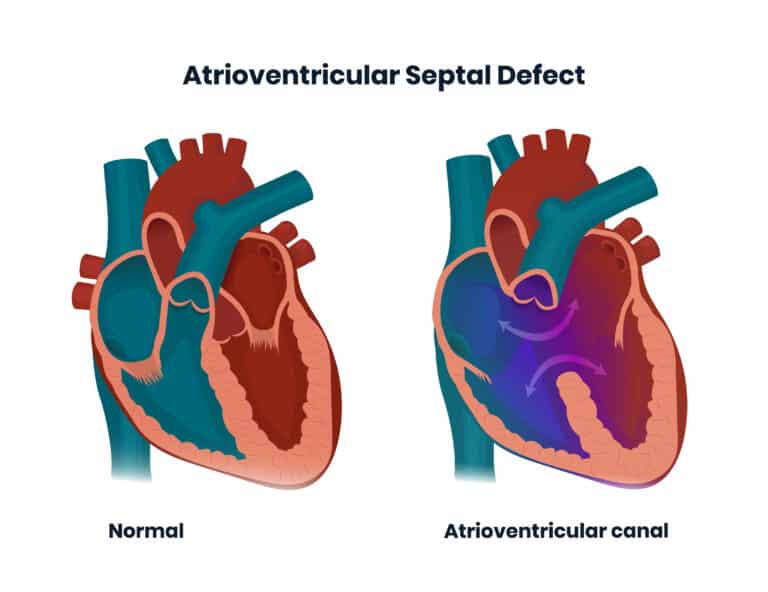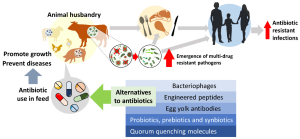
Deciphering the Genetic Mechanisms of Heart Defects in Down Syndrome
Deciphering the Genetic Mechanisms of Heart Defects in Down Syndrome. An extra copy of chromosome 21 is a genetic condition known as Down syndrome, often called trisomy 21. Many health problems, such as congenital heart abnormalities (CHD) and intellectual difficulties, are caused by this chromosomal imbalance. This is the most prevalent chromosomal defect in humans, and the likelihood rises with the age of the mother. Usually, chromosomal analysis is used to validate the diagnosis, which is based on physical characteristics.
According to recent studies, the DYRK1A gene, which is located on chromosome 21, has an elevated dosage that contributes to CHD in people with Down syndrome. This overdosage causes cardiomyocytes, which contract the heart, to proliferate less and develop mitochondrial malfunction. Researchers in the UK have identified a gene that has been connected to congenital cardiac abnormalities in people with Down syndrome (DS), which may provide a target for treatment.
It has been discovered that congenital heart disease pathology is associated with the Dyrk1a gene. Cardiomyocytes’ problems in cellular proliferation and mitochondrial respiration were reversed, and cardiac septation deficits were saved when the copy number of the Dyrk1a gene was reduced from three to two. Additionally, they tested a Dyrk1a inhibitor in pregnant mice, which resulted in a partial reversal of genetic alterations. This suggests that blocking Dyrk1a may be a promising treatment strategy for heart problems linked to Down syndrome.
A role for additional genetic variables could potentially be present in CHD linked to Down syndrome. A study on children in Romania assessed the role of copy number variations (CNVs) in the onset of congenital heart disease (CHD). Ventriculoventricular septal defect, or VSD, accounted for 39.28% of all heart defects in the study sample.
The goal of comprehending and treating Down syndrome and related health conditions is being pursued by numerous organizations and research groups. With the Dyrk1a gene identified as having a key role in CHD, new avenues for targeted therapies and interventions are now open. Even though further investigation is required to completely comprehend the complex genetic processes at play, these results represent a major advancement in raising the quality of life for those who have Down syndrome.
More News On The implications of antibiotic use in veterinary and human medicine are highlighted by recent studies.







